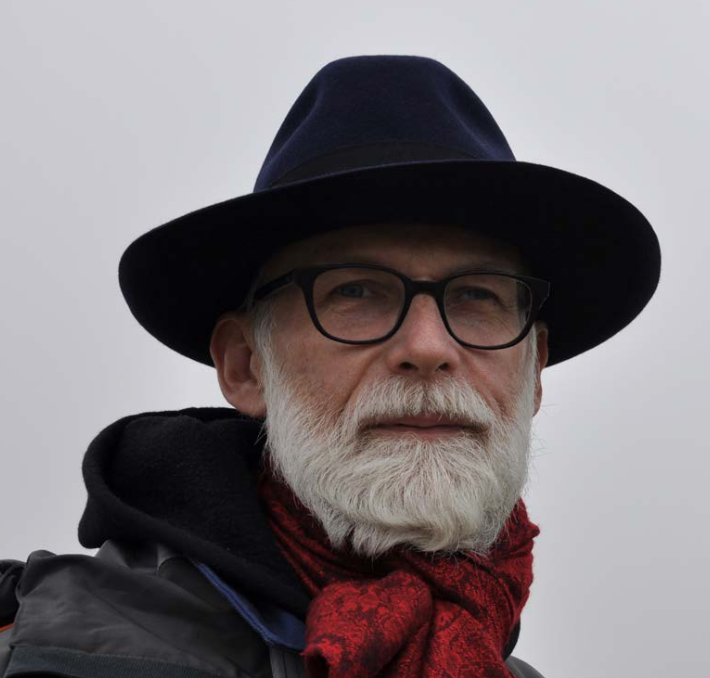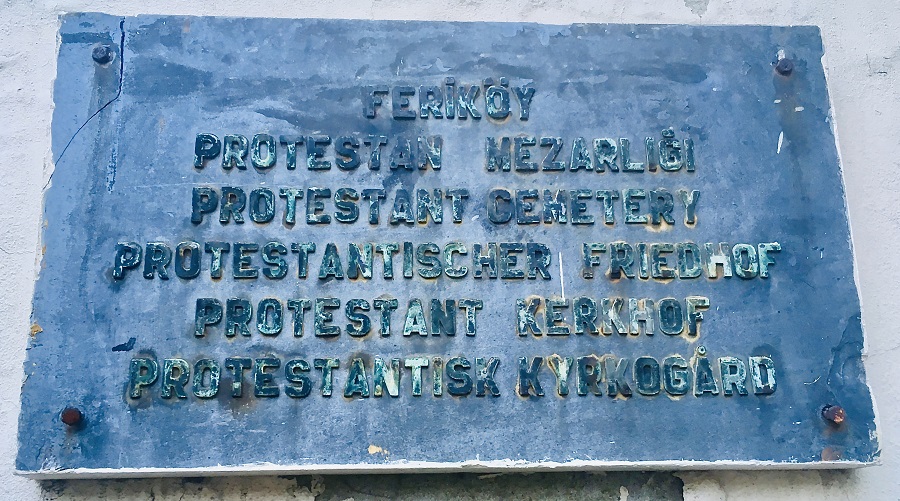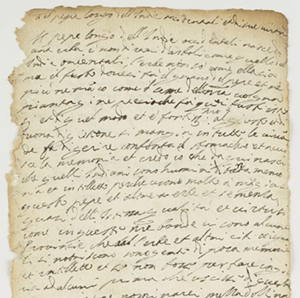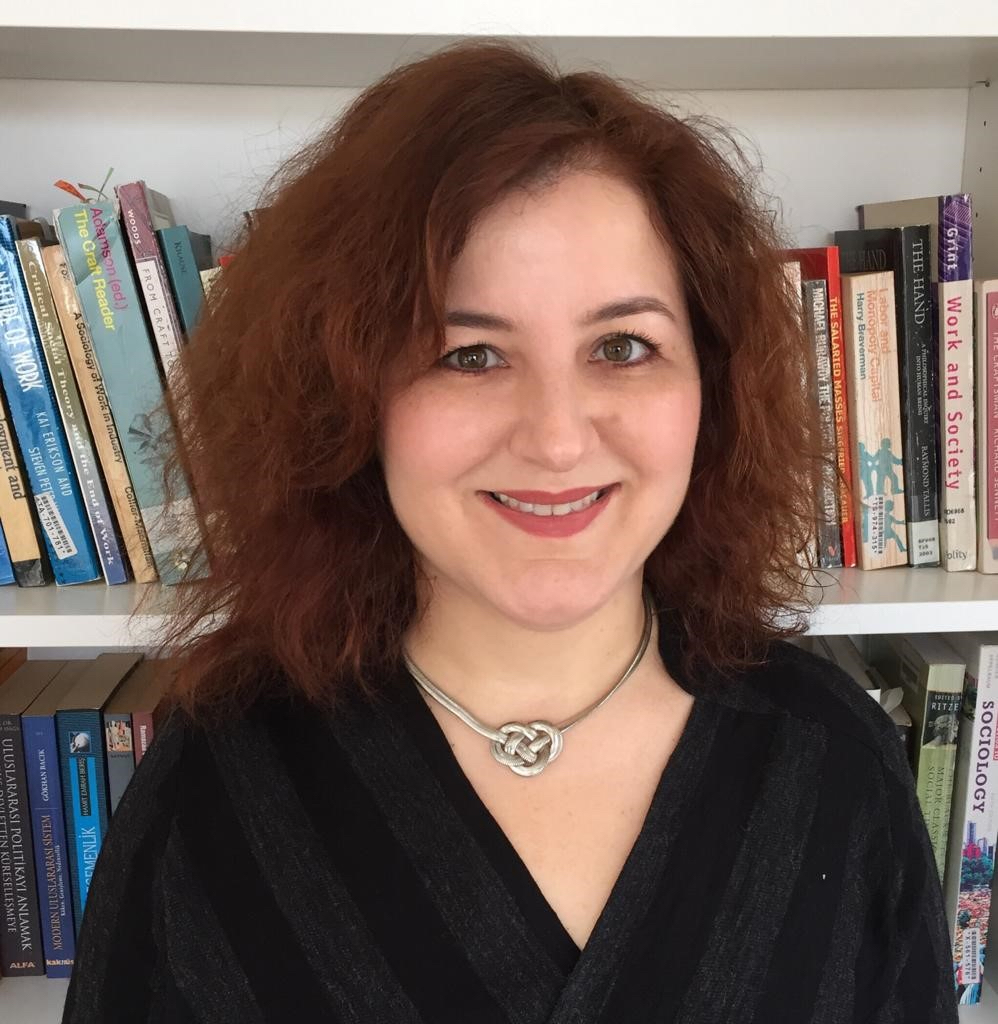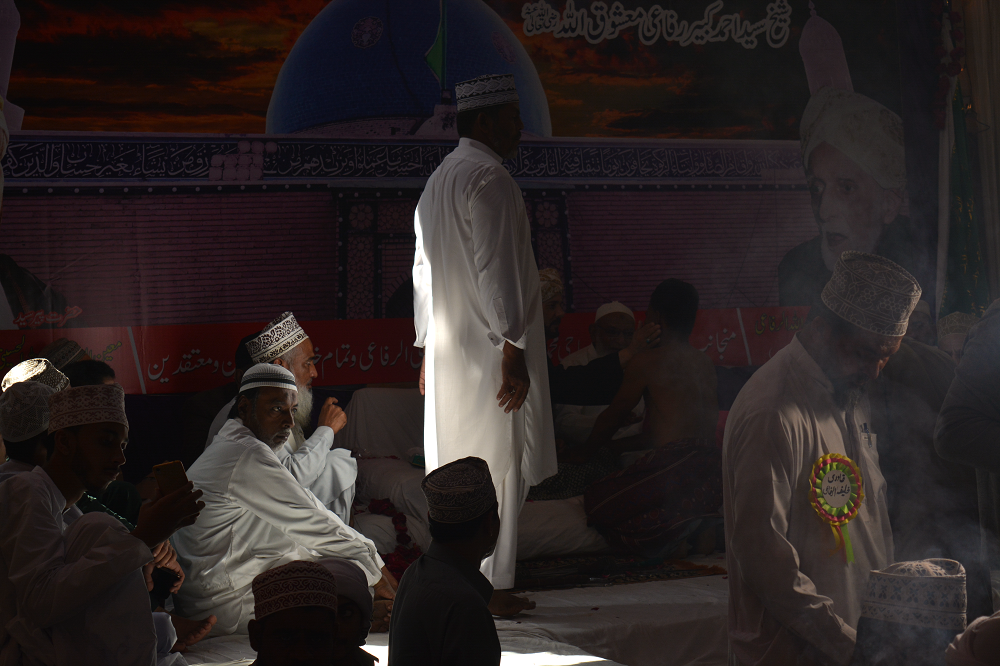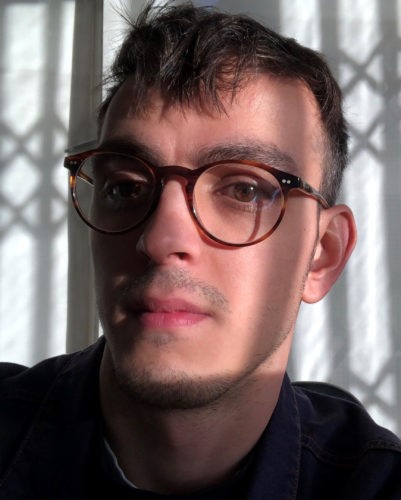Der Faktor Mensch – Performanz von Kultur, Religion und Körper im Iran
26. JUNI 2020
Wie lässt sich kultur-, fach- und länderübergreifend forschen? Was bewegt Wissenschaftler und wie finden sie zusammen? „Wissen entgrenzen“ – so heißt ein groß angelegtes Forschungsvorhaben der Max Weber Stiftung. Klares Ziel des Förderprojekts ist die Erschließung innovativer Forschungsfelder in globalen Kooperationen und vernetzten Kontexten.

